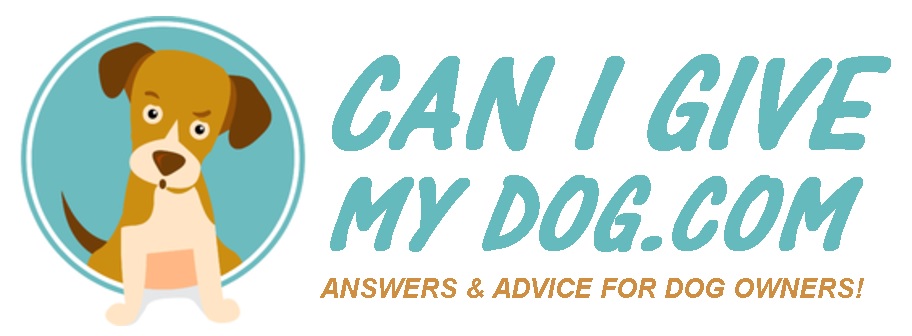Dulcolax is an over-the-counter stimulant laxative. The product’s primary active ingredient is an organic compound that works great for constipation.
But what about for canines?
 Here’s the deal:
Here’s the deal:
Vets do prescribe Dulcolax for dogs. However, it could also be dangerous.
In particular, this drug should not be used when there may be an obstruction in the colon.
Dogs Can Take Dulcolax (vet guidance is required)
Chronic constipation really needs to be diagnosed.
Don’t be so quick to provide a leftover supply of Dulcolax (generic name Bisacodyl). The best course of action is to consult with your vet.
Dulcolax, despite being of an organic nature, can have some adverse side effects (more on this later).
Besides, a bout of constipation is not uncommon and usually doesn’t require a pharmaceutical . Yup! Often times this type of medication is unnecessary.
Looking for a better idea?
Get a laxative lubricant — one that is specifically made for pets.
Oral or Rectal Dulcolax?
Still set on giving a best buddy Bisacodyl?
Consider this:
Many vets utilize rectal suppositories for constipation. It’s the preferred way to administer Dulcolax to dogs. Doing so directly takes water from the intestinal walls to quickly reduce constipation.
Warning: Never give your dog a fleet enema that contains sodium phosphate. Too dangerous! Bisacodyl is much safer.
Dog Dosing Safety Guideline
A proper dose is essential (not only for effectiveness, but also the dog’s safety).
Rule of thumb:
Oral Dulcolax should never exceed four 5mg tablets daily. Smaller dogs should get a lower dose.
Keep in mind that several factors can go into calculating dosage — every animal’s situation is a bit different.
It cannot be stressed enough: Get a veterinary professional’s advice!
Known Bisacodyl Side Effects
Providing Dulcolax, or other human products, on your own is fraught with risks.
Is your dog taking other medications?
Harmful drug interactions can occur even if an appropriate dose is administered.
Side effects such as cramps, nausea and diarrhea are common. Your dog make not react well to any amount of Dulcolax.
What Causes K9 Constipation?
Numerous factors are known to contribute to constipation in dogs. It is important to pinpoint the reason(s) and address them.
Low-grade dog foods are actually a huge culprit of constipation. Sufficient fiber is needed or your dog’s organs won’t function properly.
There are also extreme situations where things get lodged in the intestines and require surgical removal.
So, you see, there are scenarios whereby Dulcolax could make matters worse. Avoid a hit or miss approach!
Consider Two Alternatives
There is a natural, wholesome way to help your dog.
Try pumpkin for its soothing effect — many owners swear by it for alleviating bowel problems.
An even quicker solution would be a single-use pet enema that softens hard fecal matter. Such a treatment could give your dog near instant relief!
The Bottom Line
Vets do sometimes prescribe Dulcolax to dogs. However, constipation and other bowel issues typically normalize without a need for meds.
Unfortunately there are situations where Dulcolax can be harmful for dogs.
Do not go it alone. Involve your vet, at least to confirm proper use and dosing.

I have a 9 year old Pit bull and she is constipated. Is it safe to give her Dulcolax and pumpkin?
My vet has prescribed Dulcolax. Now I don’t know what to do!